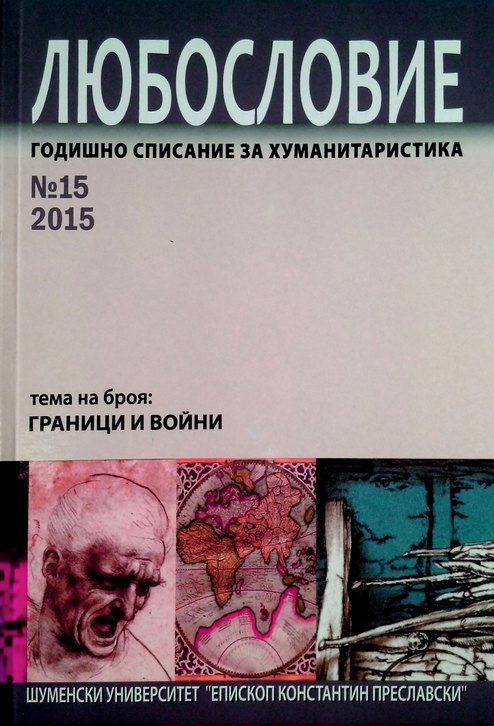Пол Де Ман: Дискурс перехода в литературной теории
De Man: Liminality discourse in literary theory
Author(s): Asija KovtunSubject(s): Language and Literature Studies, Studies of Literature, Theory of Literature
Published by: Шуменски университет »Епископ Константин Преславски«
Keywords: Paul de Man; liminality; deconstruction; language; text; polyphony; literary theory
Summary/Abstract: The article aims to present the ideas of one of the outstanding deconstruction theorists, Paul de Man, who verifies text harmony by algebraically disjointing it and demonstrates perfect synthesis. Liminality (from the Latin word limen, meaning “a threshold”) is the quality of ambiguity or disorientation. Paul de Man actualizes the deconstruction paradox that truth can only be expressed by language; however, this attempt is doomed. Deconstruction is oriented towards language, pluralism of meanings and textual polyphony. Paul de Man’s considerations on literature demonstrate that a literary work resists any attempt to be restrained within the limits of the traditional literary theory. Only the perception of a special relationship between text and language, signifiers and signified, imagination and reality, can bring us closer to the conceit of a creative work. The major concern are philosophically, politically, publicistically and historically oriented texts.
Journal: Любословие
- Issue Year: 2015
- Issue No: 15
- Page Range: 145-153
- Page Count: 9
- Language: Russian

